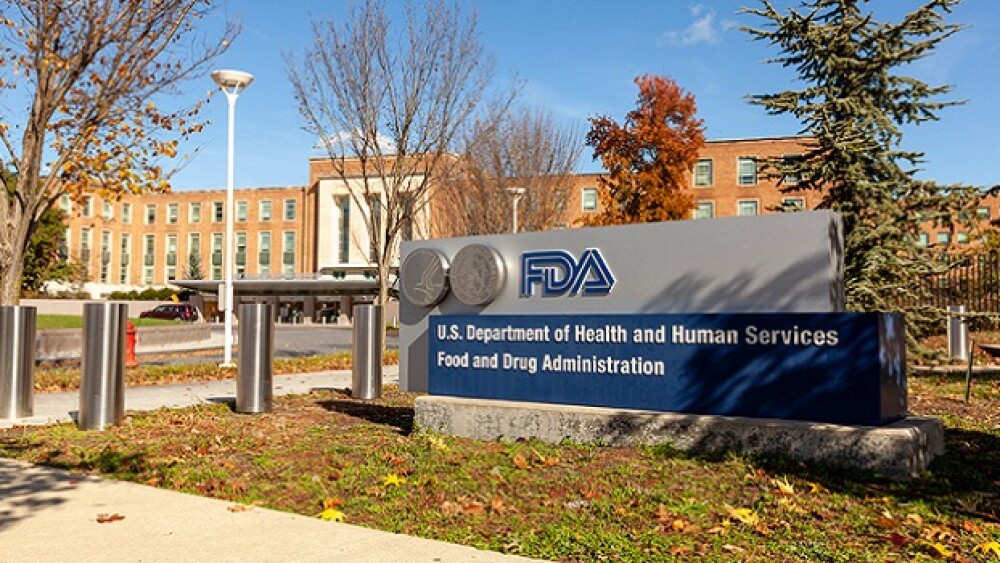The particular areas where sales jobs will be thinned are primary care, disease-focused endocrinology and hospital chronic care.
As part of a new sales team structure, Merck plans to cut 1,800 sales jobs. At the same time, it expects to add 960 jobs to a new sales force focused on chronic care.
The particular areas where sales jobs will be thinned are primary care, disease-focused endocrinology and hospital chronic care. Claire Gillespie, a spokeswoman for Merck, told Reuters in an email, that the goal is “to better support changes in our business in the United States.” She also indicated that, “These changes are part of ongoing companywide efforts to sharpen Merck’s focus on innovative R&D that addresses significant unmet medical needs and on our best opportunities for growth, while reducing overall costs.”
The new team, in particular, will focus on Januvia, a drug for diabetes. It will also work on sales of other primary care products like Belsomra for insomnia, and therapeutics for respiratory illnesses and women’s health. The company has a strong pipeline that also falls under the primary care umbrella, with potential drugs being developed for Alzheimer’s disease, asthma, chronic cough and heart failure.
According to Gillespie, individuals who lose their jobs will be able to apply for positions at that location or at others in the company. For people who don’t choose new positions, they will receive what she calls a “comprehensive separation package” that would include pay, benefits and additional benefits. The layoffs will initiate on Jan. 2, 2018.
The announcement precedes the company’s third-quarter financial release, which will be on Oct. 27. On July 28, it announced its second-quarter and half-year financials. At that time, it reported second-quarter sales of $9.93 billion, up from $9.844 billion in the same quarter in 2016, an improvement of 1 percent.
Januvia reported sales of $1.511 billion in the quarter, down 8 percent from the same quarter in 2016. Most of the company’s growth was in oncology, particularly in higher sales of Keytruda, which is in the process of being approved for additional indications on a seemingly regular basis. Keytruda grew 183 percent from the second quarter of 2016 to the second quarter of 2017, from $314 million to $881 million.
The company stated, “Pharmaceutical sales reflect a decrease in the diabetes franchise of Januvia and Janumet (sitagliptin and metformin HCl), medicines that help lower blood sugar in adults with type 2 diabetes, primarily due to lower sales in the United States, reflecting continued pricing pressure and lower customer inventory levels that were partially offset by continued volume growth.”
It was only two weeks ago that Merck announced it was scrapping its cholesterol drug anacetrapib. In August, it announced overall positive results for a four-year clinical trial of the drug in 30,499 patients. However, the company indicated the drug also accumulated in fat tissue after extended dosing. This could possibly negatively affect drug distribution within the body. Potential side effects already included higher blood pressure and other adverse conditions that affected the kidneys.





